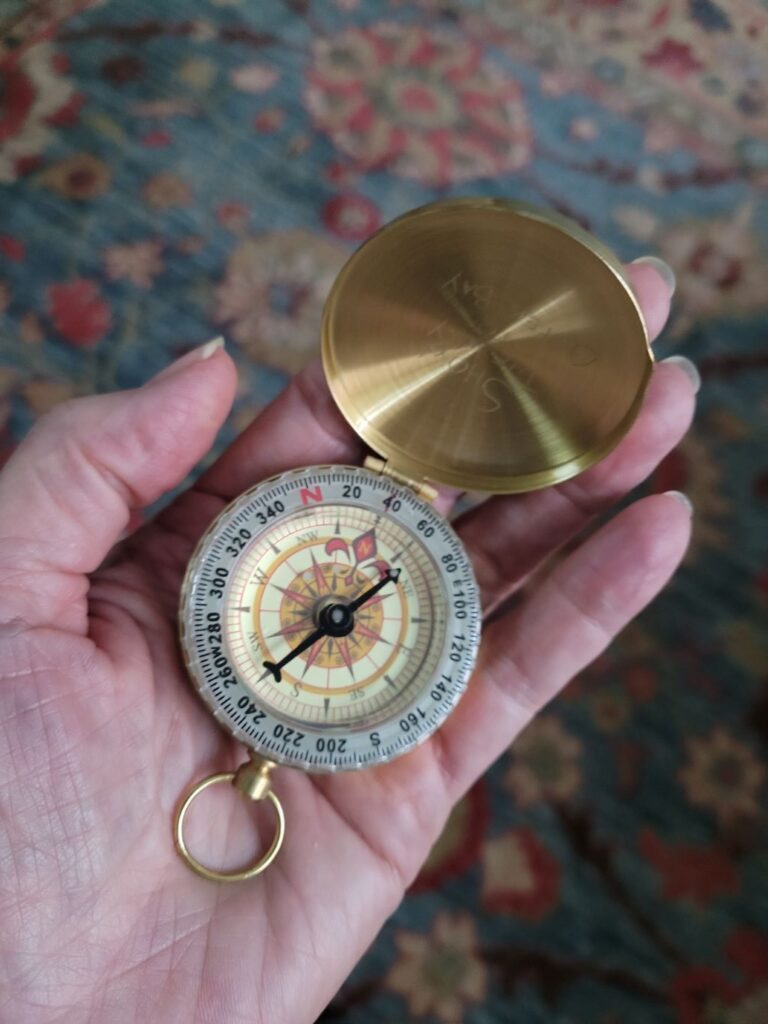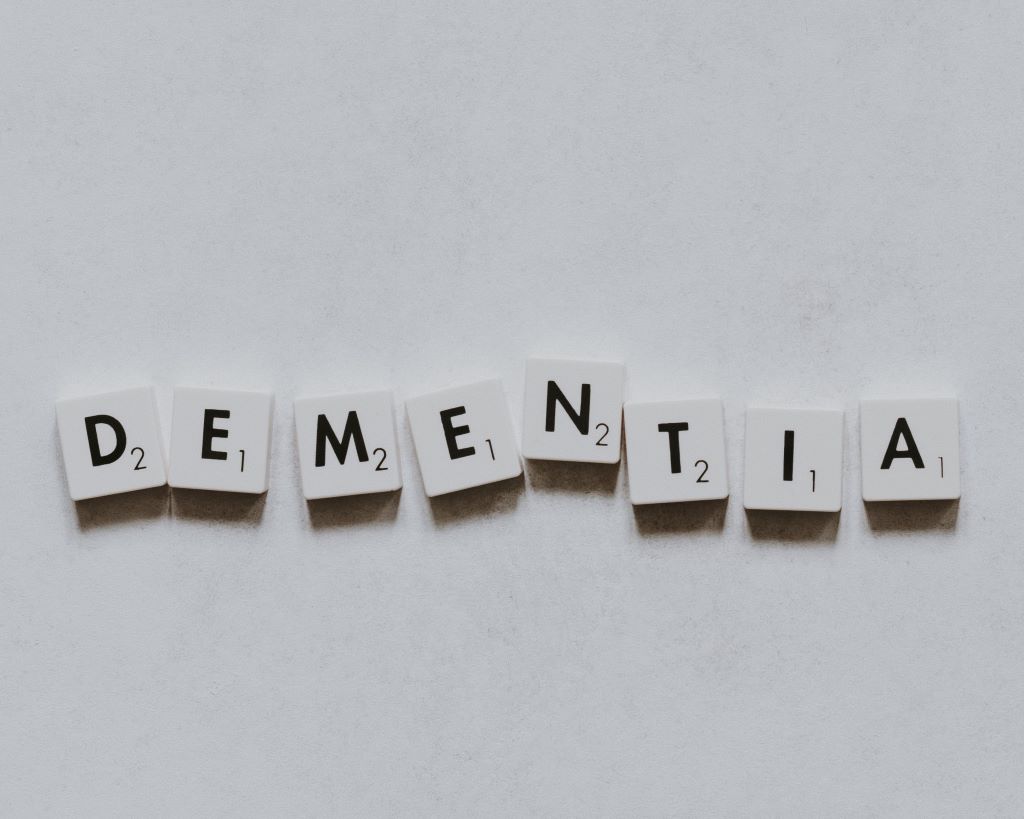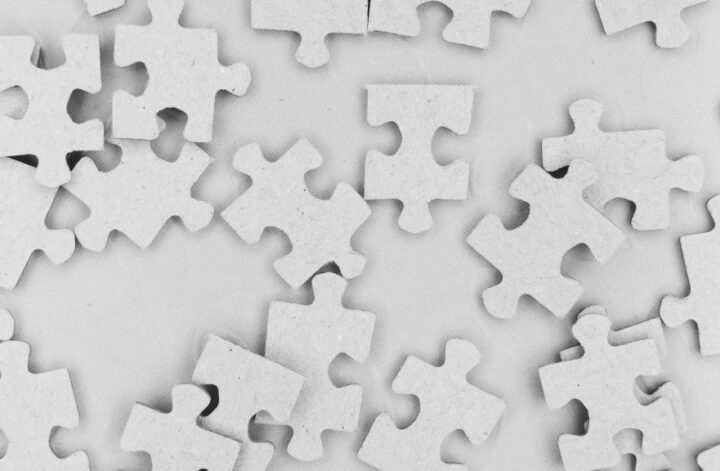Is it just Forgetfulness or Dementia
I’m on my way downstairs and before I even get to the bottom of the stairs I’m wondering What is it I am supposed to be doing? Usually I head downstairs to get a bottle of wine but it’s only 9am, so probably not that.
Forgetting things like why you have gone to the study or where you put your sunglasses is a common part of life. But as we age we tend to worry more about forgetfulness and whether it’s a sign of something more serious like dementia.
Not all forgetfulness is a sign of dementia but how do you know? Some of my friends who are occasionally forgetting (obviously I’m in that same group) are asking me questions like:
- Is being forgetful just part of aging?
- What is dementia?
- Can I prevent brain aging and dementia?
- What are the warning signs of dementia and when should I look for help?
- Where can I get information?
Dementia is not the same for everyone. Let me start by sharing what normally happens to our brains as we age and then move on to answering some of my friends’ questions.
Normal Brain Aging

Just like the rest of our body, our brain goes through a natural aging process.
If you experience memory lapses that don’t affect your daily life or impair your ability to learn new things you likely have age-associated memory impairment. Most of us who are over 65 years will experience some form of memory loss, but not necessarily dementia.
You may be otherwise healthy but with age your brain naturally shrinks in certain areas, nerve cells don’t communicate as well, blood flow slows down, and there can be inflammation from past injury or disease.
Because of these structural changes, it’s normal for our brains to process things more slowly and to have more difficulty with multitasking. Previously acquired skills, knowledge and old memories are not affected and we still have the ability to learn new things.
Other reasons you might be forgetful other than dementia:
- stress
- fatigue
- side effects of certain medication
- depression
- anxiety
If someone’s normal daily activities seem to be affected – like getting lost in a familiar neighbourhood or not recognizing well-known people – this is a signal that something more serious needs to be investigated.
Dementia overview

Dementia is a general term used to describe a persons decline in thinking, remembering and decision-making severe enough to interfere with their daily life. Physical and behavioural changes are also seen as the illness progresses. These outward signs of brain changes are caused by diseases or injury such as stroke that affect the brain
In 2022 there were 55 million people around the world living with dementia. It stands to reason that as the global population ages so will the number of people that develop dementia. Since life expectancy is higher in more affluent countries this is where the greatest increases will be seen.
There are different types of dementia including Alzheimer’s disease which accounts for 60-70% of dementia. Other types include vascular dementia, mixed dementia, frontotemporal dementia and Lewy body dementia.
Usually dementia is an illness seen in older adults but there are a small percentage of cases in adults under 60 years.
There are many reasons why people may experience memory problems, so it is important to distinguish between normal forgetfulness, mild cognitive impairment (MCI) and dementia-related memory loss.
Prevention
Steps you can take to help maintain good brain health and reduce your risk of dementia.
- regular physical exercise
- a healthy diet
- maintaining a healthy weight
- staying socially engaged
- challenging your brain with new activities avoiding harmful drug and alcohol use
Having daily routines can help minimize some age-related difficulties with memory.
It is also crucial that you manage any underlying health conditions, such as high blood pressure, diabetes, or sleep apnea that can increase your risk of dementia.
When you think of dementia you may not think of a connection with your gut. The gut-brain connection is known as the gut-brain axis (GBA) and research shows there is a direct connection between the bacteria in your gut and certain brain functions. This is an area I plan to explore further in the future.
Recently information about Vitamin D supplements has been highlighted as a possible preventive measure for dementia but further studies need to be done for a more conclusive recommendation.
Warning Signs

How can you tell if forgetfulness is a sign of dementia or just a normal part of aging?
The key difference is whether there is an impact on daily life.
These warning signs indicate the possibility of dementia and warrant a visit to your healthcare professional.
- Memory loss that disrupts daily life
- Forgetting what was just said, repeating questions
- Challenges in planning or solving problems
- New problems managing tasks (math, processes like recipes)
- Difficulty completing familiar tasks at home, at work, or at leisure
- Not remembering where the local store is, rules of familiar game
- Confusion with time or place
- Not knowing where they are or how they got there
- Trouble understanding visual images and spatial relations
- Reading, balance and driving are affected
- New problems with words in speaking or writing
- Unable to continue the conversation, using incorrect words
- Misplacing things and losing the ability to retrace steps
- When something is lost they can’t go back to where they started
- Poor judgment
- Changes in decision-making skills
- Withdrawal from work or social activities
- Lack of interest in favourite activities
- Changes in mood and personality
- Confusion, irritation, depression
Diagnosing dementia is not as simple as taking an online screening test. You will always need a medical assessment to test for any form of dementia properly. The Alzheimer Society of Canada is a comprehensive resource.
Care and Resources
Dementia is a complex condition

Detection
Dementia is a complex condition, and there is no one-size-fits-all approach to treatment or care. The Alzheimer Society of Canada is a comprehensive resource.
With early detection, appropriate treatment, and support, people with dementia can live meaningful and fulfilling lives.
There are links throughout this article to the many people and organizations dedicated to supporting individuals and families affected by dementia. Research is ongoing and advances in care and treatment are being made.
If you are caring for someone with dementia, it can be challenging and overwhelming. It is essential to take care of your own physical and mental health and seek support from family, friends, or a support group.
And So….
Are you just being forgetful or is it dementia?
We all experience age related brain changes that may show up as forgetfulness from time to time. However, dementia is not part of normal aging.
Dementia-related memory loss is more severe and can lead to confusion, disorientation, and difficulty completing familiar tasks. When daily living in affected, help is needed.
There is no cure but treatments are available. By maintaining good brain health, managing underlying health conditions, and seeking support, you can reduce your risk of dementia.
If dementia has affected your family in any way please feel free to comment in the article or send me a message.



